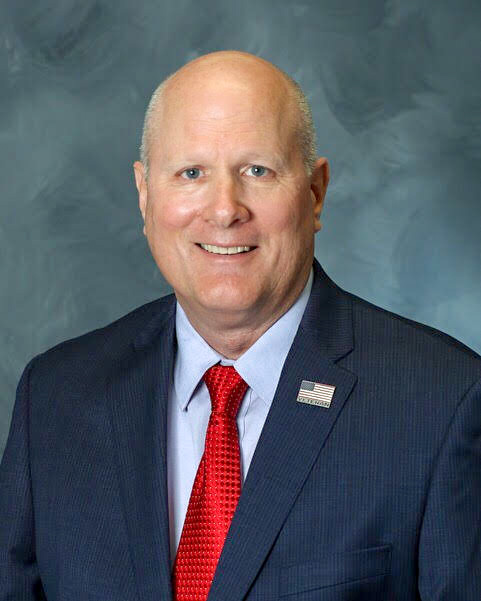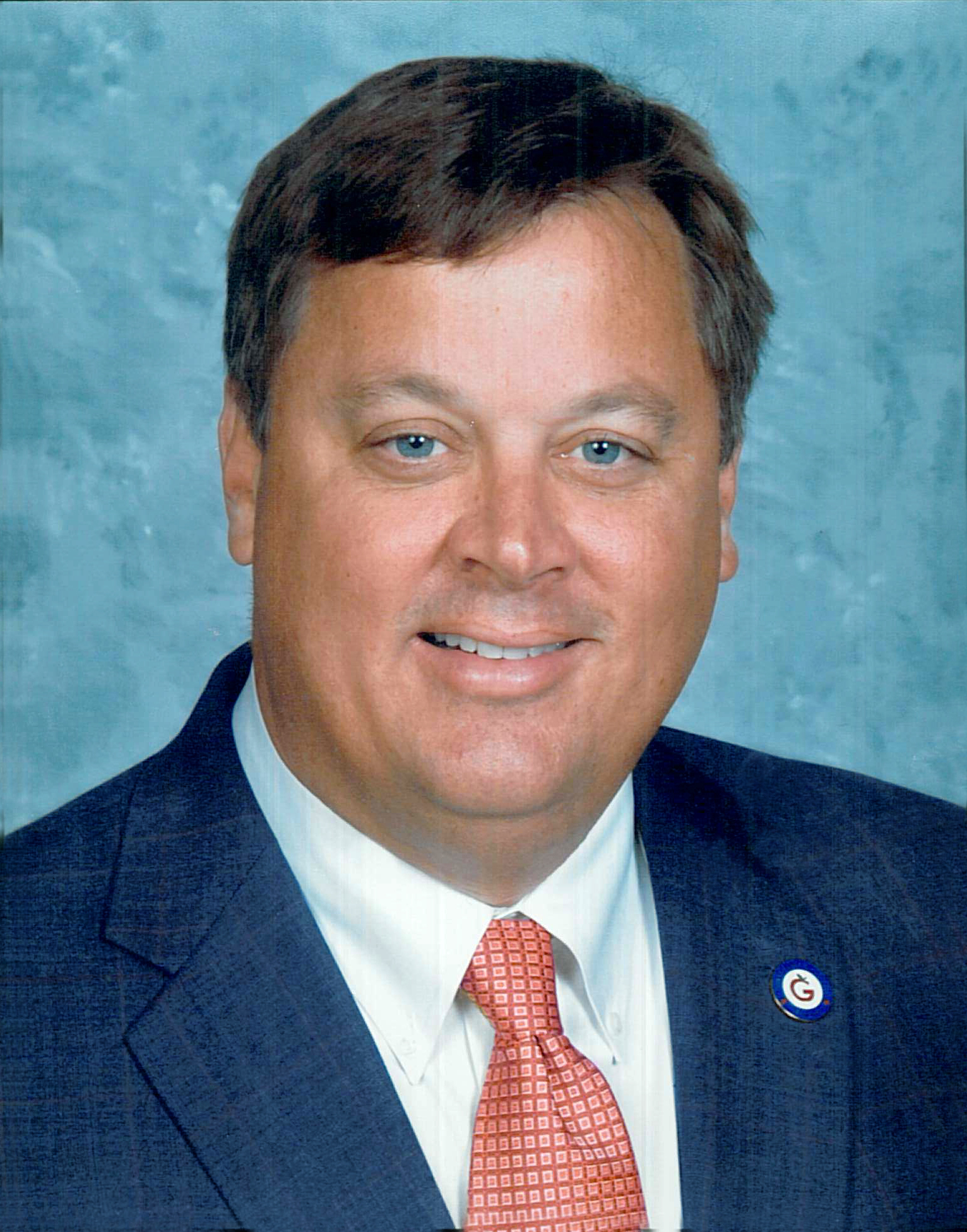Teacher salaries at crux of school tax measures
Amidst the heightened attention on the presidential choice on the Nov. 5 ballot, voters in both Franklin and Gulf counties will also have an important decision to make regarding school taxes.
In both cases, superintendents are stressing that if voters approve the proposed levies, property taxes will remain unchanged since the school districts are clamping down on millage earmarked for, and limited, to capital outlay, the so-called “bricks and mortar” taxation, so as to direct dollars to staff salaries in an increasingly competitive environment.
In Franklin County, the challenge to rally support for a proposed half-mill boost in millage for operating revenue – from a half-mill to a full mill – may be a little steeper than in Gulf County, where the district is asking voters to once again support a one-mill levy that has consistently drawn a majority vote at the polls over the last 16 years.
“This is not a tax increase, as these funds are already provided to the school district through the millage that every home and property owner in the county pays,” said Franklin County Superintendent Steve Lanier. “The good news is that this half-mill shift has been voted on and approved by our voters in Franklin County since 2008, but we need to amend it to a full mill to provide more funding and provide our teachers and staff a significant pay raise.”

Franklin County teacher Hillary Stanton, president of the teachers’ union, agrees. “It has been successful since 2008, and I believe that the voters have confidence that our decisions to pay teachers and staff what they deserve will be voted in again,” she said.
The Apalachicola Bay Charter School, which would receive a proportional share of the additional millage based on student population, or about 30 percent, has also given the ballot measure its support. “The ABC School will benefit greatly from the passing of the millage shift referendum in November,” said Principal Elizabeth Kirvin. “A critical priority of our school leadership is to increase teacher and support staff pay as much as possible at a sustainable rate. The flexibility given to us by passing the referendum will allow us to increase salaries to a competitive rate, help us enhance security and safety, and fund educational programs.”
The ballot language says monies would be spent “to recruit, hire, and retain teachers, staff, bus drivers, and other non-administrative school support, increase employee salaries to be competitive with the market, enhance school security and safety, expand
educational programs, increase career and technical (vocational) education and improve athletic programs.”
If approved by the voters, the additional half-mill would start on July 1, 2025, and end on June 30, 2029. During that time, the amount of ad valorem property taxes levied for capital outlay would drop to a half-mill, a move made easier because in November 2022 Franklin County voters approved a half-cent sales tax strictly for capital outlay.
Lanier said that other than a new bus barn, a project only in the early planning stages and years away from starting, the district is not eyeing any major capital projects. “We’re not looking to build right now,” he said.
The additional half-mill being shifted into the operational fund would bring in about $1.8 million per year. “And this will increase as property values increase, which is a good thing for our schools,” Lanier said. “The only way we are going to recruit and retain highly qualified and certified teachers is to pay them what they are worth and that’s what we have to do. Teachers are the backbone of our schools, and we must catch up with the other districts’ salaries.
“Teachers are having a hard time finding housing when they relocate to Franklin County,” he said. “It’s a higher cost of living here than it is in all the other districts who pay higher salaries than we do.”
He cites data from the Florida Department of Education that say Franklin’s average teacher salary of $42,695 is almost $4,000 less than Liberty’s, and close to $8,000 less than in Gulf County. Lanier said data shows Franklin’s average teacher salaries are lower than in Gadsden, Calhoun, Wakulla, Leon, Bay and Jefferson as well.
In Gulf County, Superintendent Jim Norton is confident that voters will once again OK the four-year, one-mill levy for operational costs as they have consistently since 2008, albeit at special elections, where the turnout is substantially lower.
He notes that the district is continuing to levy just about half of what it could for capital outlay, about 0.786 mills of a possible 1.5 mills.
“The taxes are going to be paid one way or another, it’s kind of a quid pro quo,” Norton said. “We could levy it (capital outlay), and have shiny bricks, but we would have 40 less teachers in our schools. I don’t want new buildings and things; I want the ability to hire teachers.”
He said the district is just now returning to pre-Hurricane Michael levels of student enrollment, ending last year with about 1,830 students, with upwards of 50 more students expected this school year.
“The revenue (needed) for students hasn’t changed,” Norton said. “There has been the need for cost of living adjustments, and inflation has led to a significant increase to the cost of operating a school district. It has truly doubled in that seven-year period. We are already doing as much if not more with less money than we were seven years ago.”
With the one-mill levy bringing in about $4.3 million next year, Norton said the effect could be significant if the levy fails. “If the matter loses, our schools will be Dumpster fires. They will become literally undesirable. It’s not going to be a favorable learning environment,” he said. “The voters of Gulf County are educated enough to understand the importance of this to Gulf County that we have decent schools, to support real estate values and that the kids are in a safe learning environment. I think the voters are going to continue this.”


Meet the Editor
David Adlerstein, The Apalachicola Times’ digital editor, started with the news outlet in January 2002 as a reporter.
Prior to then, David Adlerstein began as a newspaperman with a small Boston weekly, after graduating magna cum laude from Brandeis University in Waltham, Massachusetts. He later edited the weekly Bellville Times, and as business reporter for the daily Marion Star, both not far from his hometown of Columbus, Ohio.
In 1995, he moved to South Florida, and worked as a business reporter and editor of Medical Business newspaper. In Jan. 2002, he began with the Apalachicola Times, first as reporter and later as editor, and in Oct. 2020, also began editing the Port St. Joe Star.